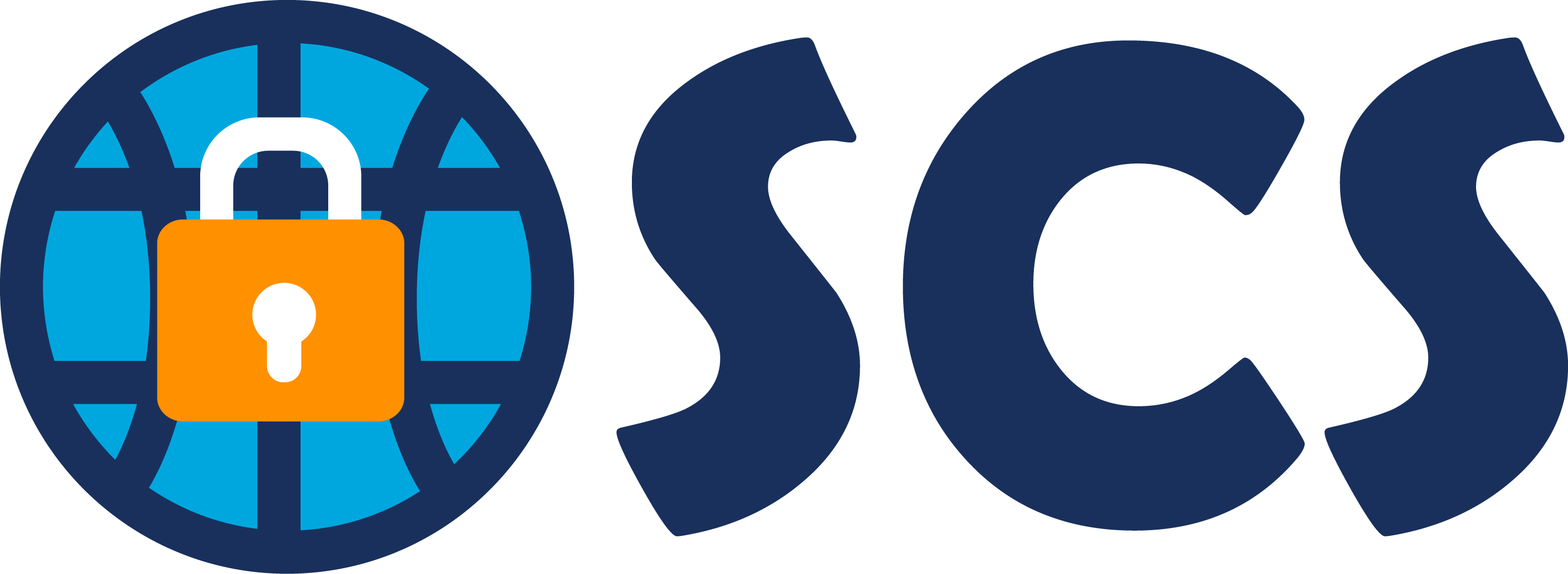EAI SCS 2024 will be held as an online conference.
Scope
Real-time systems are being used in automobiles, avionics, medical systems, nuclear plants, high-speed rail, and smartphones. Current real-time systems are inherently complex and built with heavy over-provisioning of resources to compromise between safety and functionality. Balancing safety and functionality requirements is required to maximize the performance of a system. Safety systems in safety-critical applications have to be completely separated from the control systems. The conservation of complexity is a justification of separation of concerns. With the growing focus on safety-critical systems, the principle of separation increasingly is important for adaptive embedded systems. Adaptive and reconfigurable embedded systems that integrate safety-critical and non-critical components, or that integrate safety and adaptive behaviors, require separation of concerns to control system complexity. Resource dependencies can be minimized by factoring out the reservation and consumption parts into separate programs. Moreover, communication should be separated from control to improve the level of predictability. The approach of splitting the whole program into a minimal set of resource dependencies makes the programs easier to understand and analyze. They can then be joined in a deterministic manner through specified timed interactions such as timed interfaces. Security is an important related area that can benefit through the separation of concerns. To build high-confidence real-time embedded systems, verification and validation are essential to ensure that the worst cases are evaluated and/or tested. Moreover, emerging technologies such as machine learning and edge-computing-based techniques are proven to be effective to increase the performance, safety, and security of real-time embedded systems.
Welcome to the EAI Community
Let the EAI Community help you build your career with collaborative research, objective evaluation, and fair recognition:
- Get more visibility for your paper and receive a fair review with Community Review,
- Find out if your research resonates – get real-time evaluation of your presentation on-site via EAI Compass.
Topics
- Design and analysis of embedded or cyber-physical software;
- Safety-critical and mixed-critical embedded software design;
- Testing, verification, and validation of real-time embedded software;
- Model-based approaches for embedded software design and testing;
- Real-time embedded operating systems and middleware;
- Scheduling for real-time embedded software systems;
- Acceleration using multi- and many-core processors;
- Resource management for embedded software design;
- Balancing performance and safety for embedded software;
- Vulnerability analysis and security of embedded software systems;
- Machine learning and edge computing for embedded systems;
- Case studies in application areas of real-time embedded systems such as automotive, avionics, energy, health care, mobile devices, and autonomous systems.
Publication
All registered papers will be submitted for publishing by Springer and made available through SpringerLink Digital Library.
Proceedings will be submitted for inclusion in leading indexing services, such as Web of Science, Compendex, Scopus, DBLP, EU Digital Library, Google Scholar, IO-Port, MathSciNet, Inspec, and Zentralblatt MATH.
Additional publication opportunities:
- EAI Transactions series (Open Access)
- EAI/Springer Lecture Notes of the Institute for Computer Sciences, Social Informatics and Telecommunications Engineering – LNICST
(titles in this series are indexed in Ei Compendex, Web of Science & Scopus)
Paper submission
Papers should be submitted through EAI ‘Confy+‘ system, and have to comply with the Springer format (see Author’s kit section).
- Regular papers should be up to 12-15+ pages in length.
- Short papers should be 6-11 pages in length.
All conference papers undergo a thorough peer review process prior to the final decision and publication. This process is facilitated by experts in the Technical Program Committee during a dedicated conference period. Standard peer review is enhanced by EAI Community Review which allows EAI members to bid to review specific papers. All review assignments are ultimately decided by the responsible Technical Program Committee Members while the Technical Program Committee Chair is responsible for the final acceptance selection. You can learn more about Community Review here.

